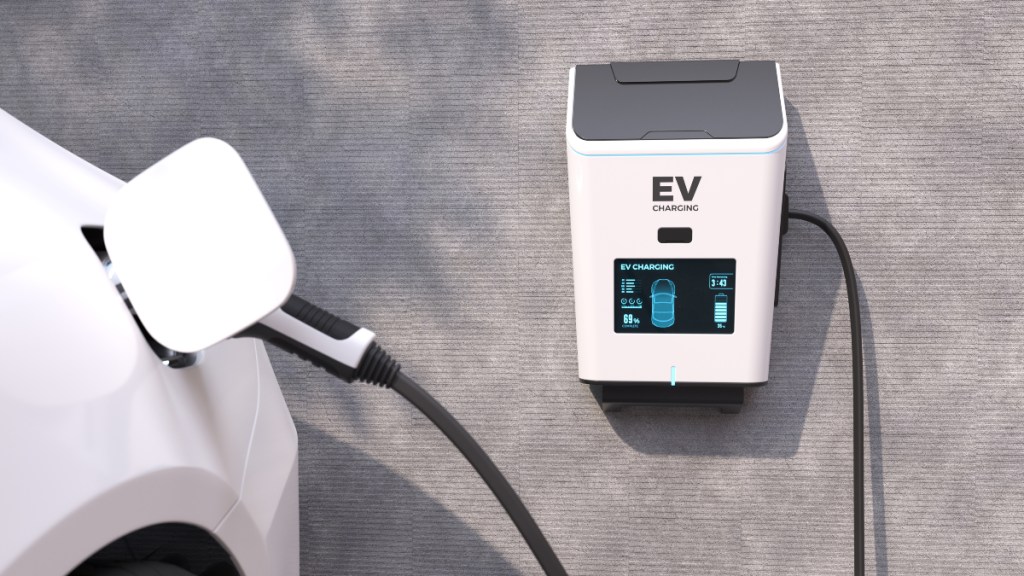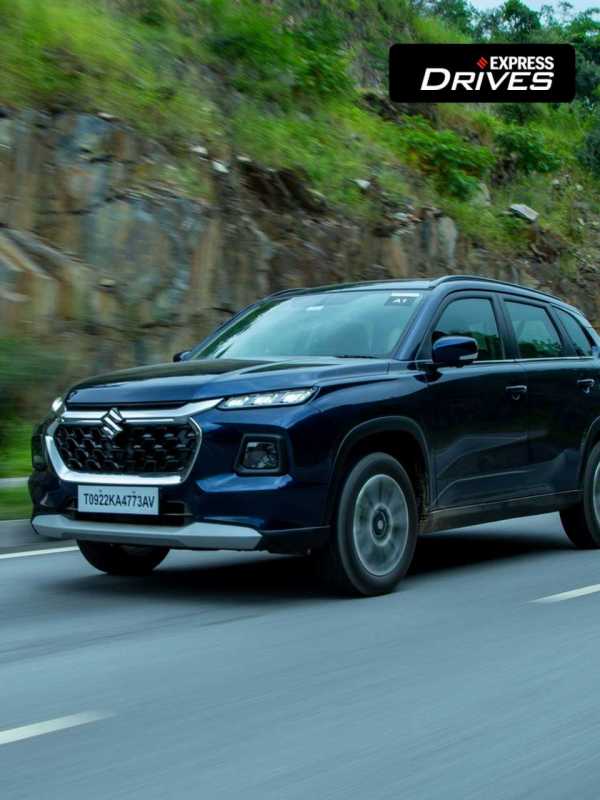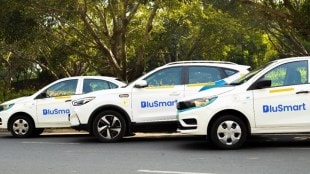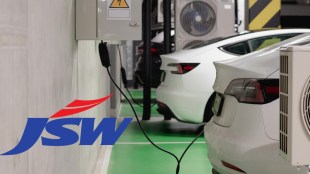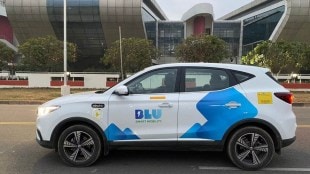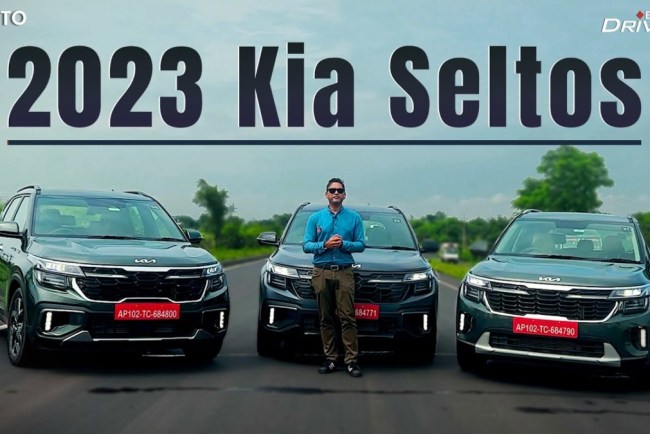By Chandresh Sethia
Did you know that there has been a remarkable 140.6% increase in the depiction of electric vehicles in movies over the past five years? Noteworthy instances include the transformation of the latest Batmobile in Batman and the electrification of Barbie’s Corvette featured in the 2023 film. This surge not only reflects the increasing acceptance of electric vehicles in the consumer landscape but also underscores their rising popularity in mainstream culture.
According to data from the Ministry of Road Transport and Highways via its Vahan Dashboard, EVs comprised 7.3% of overall automobile sales. As of September 2023, India boasts over 2.7 million registered EVs. The domestic electric vehicle market is projected to experience a robust compound annual growth rate (CAGR) of 49% between 2022 and 2030, with an anticipated annual sales figure of one crore units by 2030. EVs are the future, propelled by global green agendas, consumer demand for sustainability, and corporate investments in a green-first approach.
The development of the charging infrastructure has proven to be a significant challenge, hindering progress in the adoption of electric vehicles.
Let’s understand why!
- By 2030,the Bureau of Energy Efficiency (BEE) anticipates the installation of 46,397 public charging stations in nine cities. India currently has only 9,113 stations spread across the country. Even with government encouragement, retail stores, small businesses, and Resident Welfare Associations (RWAs) are hesitant to install public charging stations on their property. Their reservations are motivated by concerns about the significant capital required for these stations. Furthermore, there is a lack of awareness about the potential benefits that these stations could bring to their businesses.
- The growing power demand in India has already put significant strain on the power grid. Adding EVs to the grid may exacerbate this, resulting in frequent power outages. This is particularly true in rural areas. This power shortage may discourage EV adoption by lowering prospective EV owners’ confidence in their ability to charge their vehicles consistently.
- Charging electric vehicles (EVs) comes with distinct challenges in conductive, and battery-swapping technologies. Conductive charging provides quick DC charging and slower AC charging. Battery swapping tackles charging time problems but grapples with standardization and ownership issues.
These challenges require innovative solutions, which could include everything from using renewable energy sources to developing fast charging technology.
Renewable Energy Integration into EV charging networks.
Incorporating renewable energy into electric vehicle (EV) charging infrastructure holds tremendous potential for enhancing affordability, sustainability, and grid resilience. India, endowed with abundant sunlight and renewable resources, is strategically advancing its renewable energy agenda, with 40% of energy generation in 2022-2023 sourced from renewables. The commitment to achieving 500 GW of non-fossil fuel power generation by 2030 aligns with environmental objectives and fosters EV growth.
Solar power integration into EV charging networks exemplifies this shift. Beyond statistics, it signifies a move towards decentralized, sustainable power generation, reducing grid dependence. Solar-charged vehicles alleviate grid strain, enhancing stability and reducing carbon footprints. Picture parking lots with solar-powered stations contributing surplus energy to the grid, creating a symbiotic relationship between clean energy and EVs. This integration promotes energy independence, decreasing reliance on fossil fuels and fortifying national security. The impact extends beyond sustainability, creating a resilient, self-sustaining ecosystem.
Mechanisms for scaling up renewable energy-based EV charging.
- Network Charging offers a convenient option for electric vehicle charging: direct access to offsite renewable energy through open access mechanism i.e. the choice to offset consumed energy by purchasing Renewable Energy Credits (RECs) from accredited suppliers. Customers can opt for a monthly subscription or pay-as-you-go for these eco-friendly charging services.
- On-site renewables, like rooftop solar panels on homes or businesses, offer direct access to electricity generated from renewable sources. This enables a sustainable and eco-friendly power supply for local needs.
- Battery swapping involves exchanging depleted electric vehicle batteries with fully charged ones powered by renewable energy, ideally during peak renewable energy generation. Various business models like leasing, renting, subscriptions, or pay-as-you-go can be applied to facilitate this eco-friendly service.
In conclusion, investments in expanding renewable energy-based EV charging infrastructure are instrumental for reducing greenhouse gas emissions and realizing a greener future. By seamlessly integrating renewable energy into EV charging infrastructure, we are not merely charging vehicles but also charging towards a sustainable and environmentally friendly world.
The author is Co-Founder of EVRE.
Disclaimer: The views and opinions expressed in this article are solely those of the original author. These views and opinions do not represent those of The Indian Express Group or its employees.

